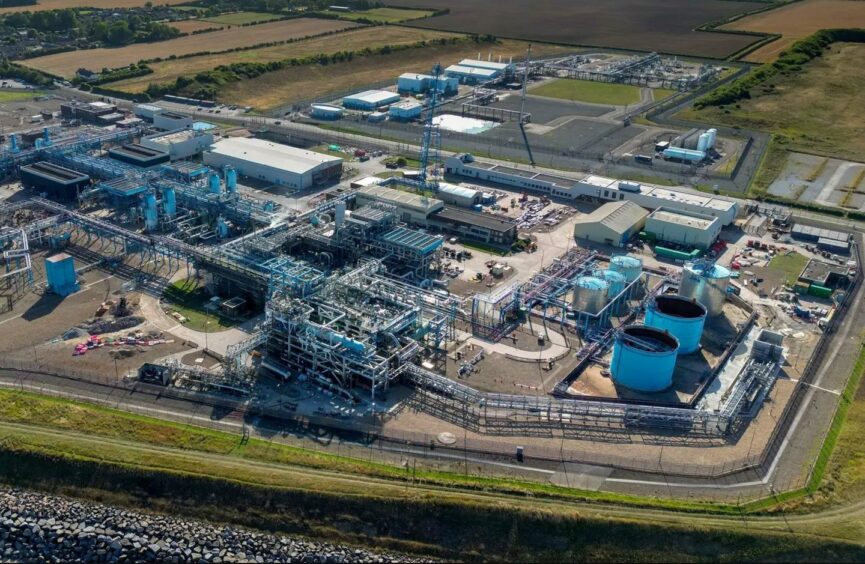
The North Sea Transition Authority (NSTA) has fined Perenco £225,000, the highest ever financial penalty handed out by the body, over excess gas venting.
The NSTA said that the oil and gas company flared 59 tonnes of gas for over a month in 2022 from its Dimlington onshore gas processing plant without consent.
The company had permission to vent 235 tonnes from 1 January – 31 December 2022, but exceeded that limit on 6 November and vented the extra gas until a new consent was issued on 14 December 2022.
Perenco stated that it had systems to track the daily volumes of gas it emitted. However, the NSTA said that there was an absence of internal mechanisms to ensure that any risks identified through this system were appropriately actioned.
In a statement, Perenco said that exceeding its 2022 annual gas venting consent was unintentional.
According to the NSTA, the high-level of the penalty reflects Perenco’s delayed engagement with the NSTA in the lead-up to identifying that a breach had occurred.
Perenco’s statement acknowledged that the company failed to obtain consent in a timely manner and has put in place measures to prevent this from happening again.
NSTA director of regulation Jane de Lozey said: “Reducing greenhouse gas emissions, while maintaining UK energy supply, is essential, and we acknowledge industry’s response to both of those challenges.
“Operating within consent and prompt engagement with the NSTA helps maintain confidence in the sector. However, as today’s fine demonstrates, we will take firm action for any failures to meet regulatory obligations.”
General manager of Perenco UK Jo White stated: “Perenco is firmly committed to its ESG commitments and has reduced its total emissions from the SNS business unit by 29% between 2018 and 2022.
“Venting volumes have been declining since 2022 and we are actively working to identify ways of further reducing our emissions, in line with UK targets and NetZero 2050.”
Perenco produces natural gas from fields in the Southern North Sea and operates terminals in Dimlington, East Yorkshire, and Bacton in East Anglia.
The Dimlington facility will be used to feed carbon dioxide into the nearby West Sole and Amethyst fields as part of the company’s Orion carbon capture and storage project.
Recommended for you

